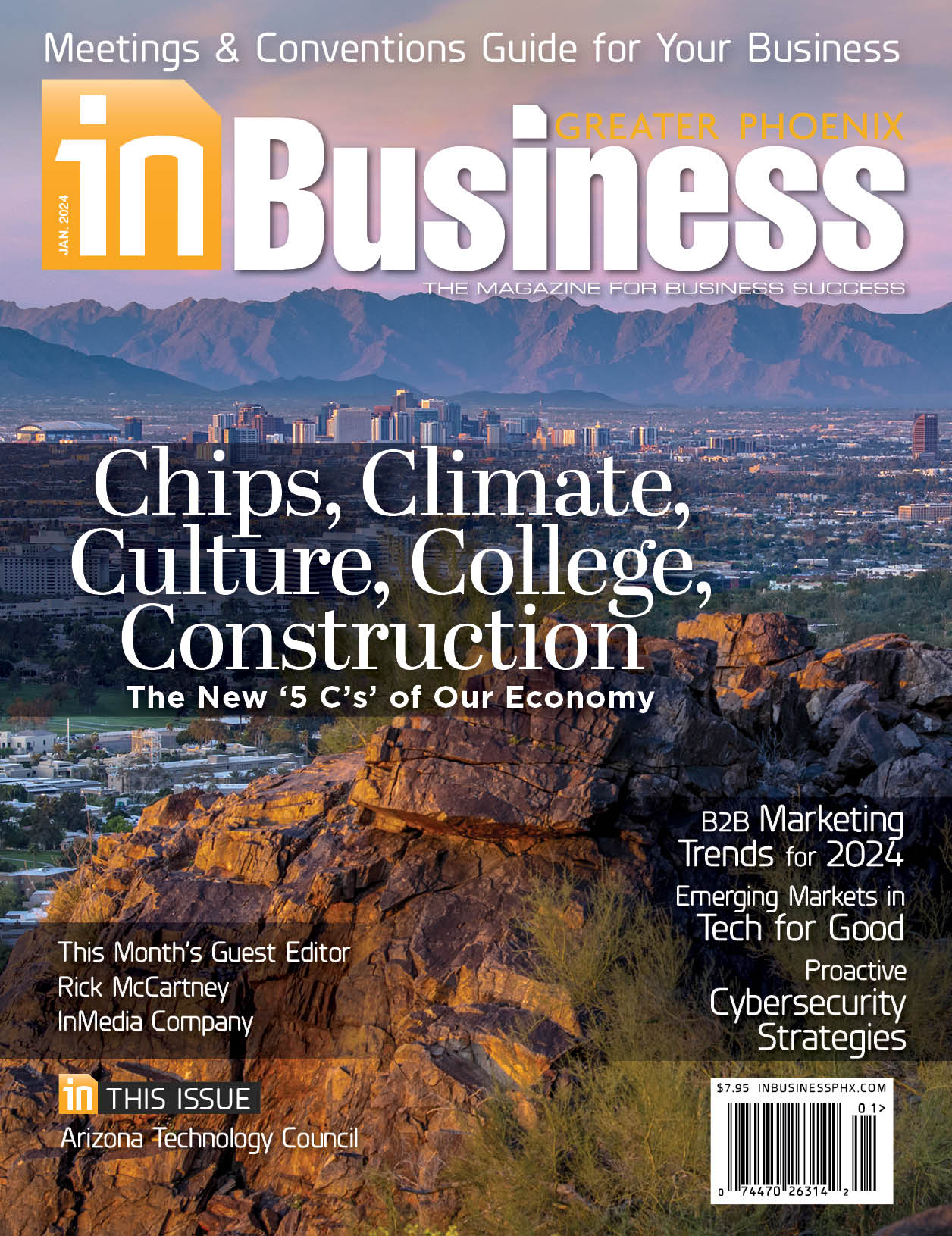 Misinformation in the digital age has become a rising concern for brands worldwide, indicating a need to get ahead of the curve. The rise of social media has made false information more accessible and dangerously potent. This is harmful to businesses, regardless of size, and it’s up to each to stand against it.
Misinformation in the digital age has become a rising concern for brands worldwide, indicating a need to get ahead of the curve. The rise of social media has made false information more accessible and dangerously potent. This is harmful to businesses, regardless of size, and it’s up to each to stand against it.
The Dangers of Misinformation in Business Strategies
Some businesses spread false information to stay ahead of the competition, leading to broken trust. Internally, misinformation from lack of communication can result in poorly informed decisions and flawed strategy planning, which affects a company’s financial standing. This can cause fluctuations in stock prices that scare off investors and lead to legal battles as companies strive to salvage their reputation.
The Proof Is in the Statistics
Misinformation’s impact on the media world, particularly journalism, is staggering. A significant 94% of journalists recognize fabricated news as a critical issue. Moreover, negative news has a 300% greater effect on a brand’s reputation than positive news. One negative article in search results can cost businesses up to 22% of potential customers.
Further compounding the issue, disinformation is considered the world’s top risk in the next two years. A startling 60% of people admit they don’t consistently trust news stories, and 38.2% of U.S. social media users reportedly share fake news. Additionally, 53% of global leaders across academia, business, government and civil society identify AI-generated misinformation as the foremost global risk in 2024. The number of fake AI-generated news websites has skyrocketed to 790, up from 49 in May 2023.
This rise underscores the urgency of combating misinformation in the digital sphere. How do journalists, brands and similar entities protect themselves and the information they produce in an age where misinformation is increasing at an alarming rate? The answers lie in strategy, involving:
- Robust verification processes,
- Investment in fact-checking technologies, and
- Creating a culture of critical thinking internally.
Acting quickly and efficiently is key to staying ahead of misinformation and preserving trust in the digital age. It is essential to develop a proactive approach to combat false information effectively.
Tackling the Challenges Head-On
Standing up to misinformation isn’t easy for businesses. It can disrupt operations, spark panic amongst customers and attract unwanted attention or legal battles. Internally, it can destroy trust amongst employees, leading to a toxic work environment. Companies must prioritize open and honest communication to rebuild trust.
In times like these, companies need to increase their communication efforts tenfold. Brands should embrace these challenges as opportunities to rise to the occasion and formulate strategic plans to combat misinformation effectively. For instance:
- Embracing Proactive Communication Strategies: Actively engaging with stakeholders and addressing misinformation head-on builds trust and credibility. Transparent communication can prevent misunderstandings and foster a sense of security among customers and employees.
- Craft Effective Media Campaigns: Spread truthful and engaging content across platforms to counteract false narratives and connect emotionally with the audience. Collaborating with influencers and leaders also boosts credibility and reach.
- Media Algorithms: Understand and use media algorithms to determine the increased cadence of communication needed today. Knowledge of algorithms can help optimize the dissemination of truthful information.
- Challenge the Source: Provide evidence to refute false claims and engage directly with those spreading misinformation. Maintaining a positive proactive public image helps deflect attacks.
- Strategic Communication over Legal Action: Develop a plan to handle misinformation early on to navigate challenges and maintain reputation. Good PR outweighs legal action by a ton. Legal actions can be time-consuming and may not always result in positive outcomes.
By embracing these proactive measures, businesses can effectively combat misinformation and uphold their brand integrity in the digital sphere. It is crucial to foster an environment where truth prevails and misinformation is swiftly addressed.
In conclusion, misinformation is a significant threat to businesses navigating today’s digital landscape. Its potential to disrupt operations, tarnish reputations and undermine consumer trust makes it a serious challenge. Businesses must act quickly to stay ahead of it. With transparency, impactful media campaigns and a proactive stance, companies can efficiently confront misinformation and preserve their credibility.
 Karla Jo Helms is the chief evangelist and anti-PR® strategist for JOTO PR Disruptors™. With extensive experience in crisis management, she collaborates with litigation attorneys, private investigators and the media to restore companies’ reputations. Helms speaks globally on public relations and has developed a trademarked system using crisis management techniques and media algorithms to generate significant positive press for companies.
Karla Jo Helms is the chief evangelist and anti-PR® strategist for JOTO PR Disruptors™. With extensive experience in crisis management, she collaborates with litigation attorneys, private investigators and the media to restore companies’ reputations. Helms speaks globally on public relations and has developed a trademarked system using crisis management techniques and media algorithms to generate significant positive press for companies.
Did You Know: Businesses with one negative article in search results risk losing up to 22% of prospective customers, while those with four or more negative articles can lose up to 70% of potential customers.
















Speak Your Mind
You must be logged in to post a comment.